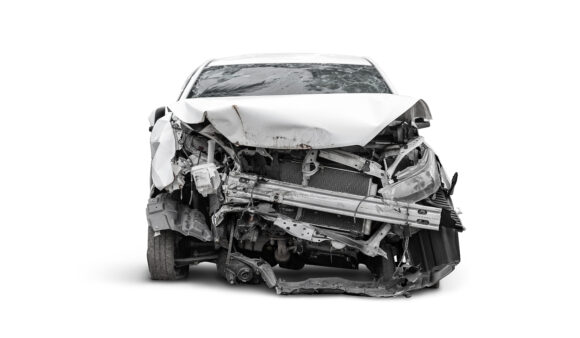An exception to the workers’ compensation “coming-and-going” rule applies where the employer provides the transportation even if the employer says there was no explicit agreement that he would supply rides.
The exception can apply where there is credible evidence to “reasonably infer” that the provision of transportation was the “result of an agreement or custom which benefited both the employer and employee.”
So stated the Virginia Workers’ Compensation Commission (VWCC) recently in reversing a deputy commissioner’s denial of benefits for a worker injured on the way to his job when the car he was in that was being driven by a co-worker was hit by a drunk driver.
The deputy commissioner had concluded that the “coming-and-going” rule that bars entitlement to workers’ compensation applied and denied the worker’s claim. While acknowledging an exception to the rule exists when the employer provides transportation to the employee, the deputy commissioner held the transportation exception did not apply in this case because the claimant did not testify there was an express or implied agreement that the employer would provide him rides to work. While it was customary for the claimant to be provided transportation to work, the deputy commissioner found this did not provide sufficient benefit to the employer to invoke the transportation exception.
However, the VWCC found that the “practice of this employer to provide the employee transportation both to and from work” was of such a nature to “border on an implied contract.” Even if an implied contract was not present, the provision of rides for the claimant “is a situation which has arisen from continuing practice in the course of the employer’s business which is beneficial to both the employer and the employee,” the VWCC concluded.
Under normal circumstances, employees injured while coming and going to work are not covered by workers’ compensation. However, if “the means of transportation used to go to and from work is provided by the employer” injuries sustained en route to the workplace occur in the course of employment. This transportation exception to the coming and going rule applies:
[W]hen such transportation is the result of an express or implied agreement between the employer and his employee; or where the transportation is furnished by custom to the extent that it is incidental and part of the contract of employment; or when it is the result of a continued practice in the course of the employer’s business which is beneficial to both the employer and the employee.
In this case, the employer — a painting, drywall, and demolition contractor — said he did not directly provide transportation to either the claimant or other employees, that it was not a condition of employment that transportation be provided, and that the claimant’s inability to drive himself to job sites should not invoke an exception to the “coming and going” rule.
However, the employer paid the driver $80 a week for gas, which the employer said was because he drove a large truck and gas was expensive. The employer said he was not paid to driver his co-worker or other co-workers he sometimes picked up to work. The employer said that if there was any transportation agreement, it was worked out among the driver and co-workers but not with him.
However, the claimant disputed the denial of his claim and argued the transportation exception applies. He maintained that the employer arranged for him to get to work, and transportation to job sites was an implicit part of the employment agreement. The claimant also cited the employer’s history of providing rides to work sites to other employees that lacked transportation.
The VWCC noted that the employer was aware the claimant did not have transportation available when he was hired. Instead of requiring the claimant to secure his own transportation, the employer arranged for him to be driven to work. The evidence showed that the employer arranged for the claimant’s daily transportation, and at no point was he asked to provide his own rides to and from work. Also, alone among all employees, the truck driver received additional payment for gas. The employer also stated that while there was no formal agreement, the owners asked the truck driver to transport other employees who needed to get to work, although it was not an “arrangement[] per se.”
Topics Workers' Compensation Talent
Was this article valuable?
Here are more articles you may enjoy.



 Trump Demands $1 Billion From Harvard as Prolonged Standoff Appears to Deepen
Trump Demands $1 Billion From Harvard as Prolonged Standoff Appears to Deepen  AIG’s Zaffino: Outcomes From AI Use Went From ‘Aspirational’ to ‘Beyond Expectations’
AIG’s Zaffino: Outcomes From AI Use Went From ‘Aspirational’ to ‘Beyond Expectations’  AIG Underwriting Income Up 48% in Q4 on North America Commercial
AIG Underwriting Income Up 48% in Q4 on North America Commercial  Florida Insurance Costs 14.5% Lower Than Without Reforms, Report Finds
Florida Insurance Costs 14.5% Lower Than Without Reforms, Report Finds 

